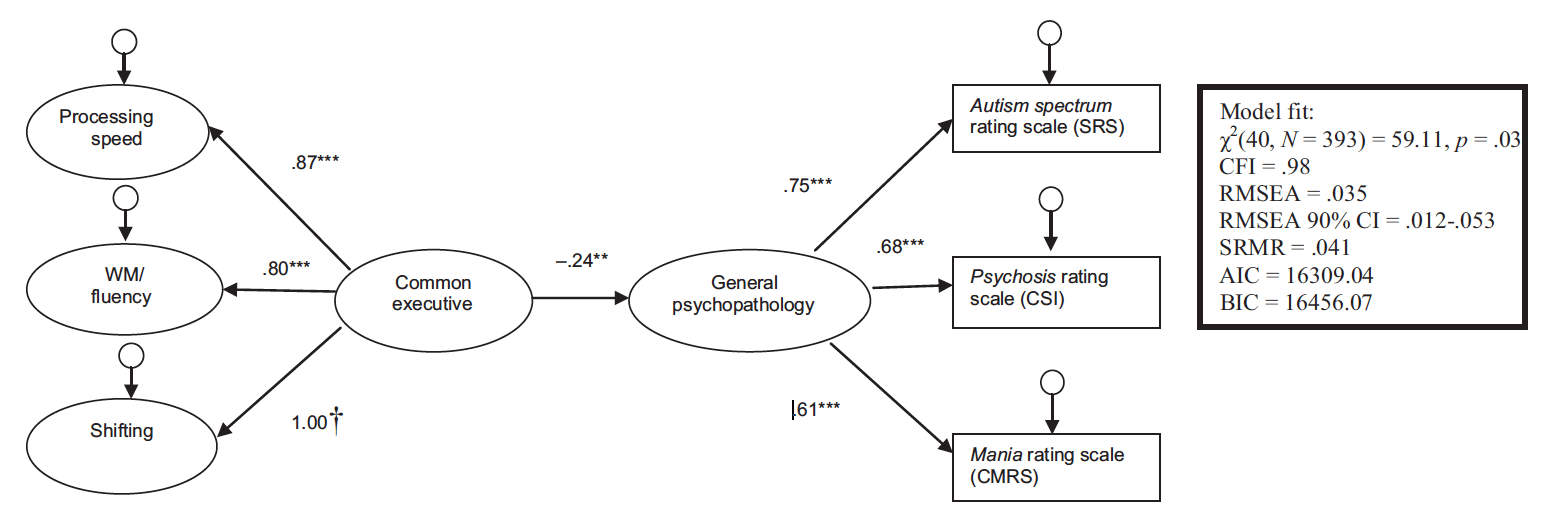Dr. MacDonald, a molecular geneticist, earned a Ph.D. in Medical Biophysics at the University of Toronto in 1980. Her laboratory utilizes genetic strategies to understand the key underpinnings of inherited […]
Marcy E. MacDonald


Dr. MacDonald, a molecular geneticist, earned a Ph.D. in Medical Biophysics at the University of Toronto in 1980. Her laboratory utilizes genetic strategies to understand the key underpinnings of inherited […]

Dr. Lee is an Assistant Professor of Psychiatry at Harvard Medical School and Massachusetts General Hospital. She received a BS in Computer Science from Seoul National University (Korea), MSc in Bioinformatics […]

Dr. Doyle is a practicing child and adult clinical psychologist trained in psychiatric genetics, developmental psychopathology and pediatric neuropsychology. Her research aims to contribute to and leverage genetic discoveries in […]

Taylor Kimberly is a stroke and critical care neurologist in the Department of Neurology. Dr. Kimberly’s research group studies metabolomic and neuroimaging biomarkers of stroke and cerebral edema. The overarching […]

Sekar Kathiresan, a physician scientist and a human geneticist, leverages human genetics to understand the root causes of heart attack and to improve preventive cardiac care. Among his scientific contributions, […]

Dr. Grishchuk obtained her Ph.D. in Molecular Biology from Engelhardt Institute of Molecular Biology in Moscow, Russia. During her post-doctoral training at the Brain Mind Institute, EPFL, and University of […]

Dr. Erin C. Dunn is a social and psychiatric epidemiologist with expertise in genetics and epigenetics. Her research laboratory uses interdisciplinary approaches to better understand the social and biological factors that influence […]

Evidence that different neuropsychiatric conditions share genetic liability has increased interest in phenotypes with ‘cross-disorder’ relevance, as they may contribute to revised models of psychopathology. Cognition is a promising construct for study; yet, evidence that the same cognitive functions are impaired across different forms of psychopathology comes primarily from separate studies of individual categorical diagnoses versus controls. Given growing support for dimensional models that cut across traditional diagnostic boundaries, we aimed to determine, within a single cohort, whether performance on measures of executive functions (EFs) predicted dimensions of different psychopathological conditions known to share genetic liability. Findings extend support for the relevance of cognition to neuropsychiatric conditions that share underlying genetic risk. They suggest that higher-order cognition, including EFs, relates to the dimensional spectrum of each of these disorders and not just the clinical diagnoses. Moreover, results have implications for bottom-up models linking genes, cognition, and a general psychopathology liability.
McGrath-et-al-2016-JCCP-plus-supplement.pdf